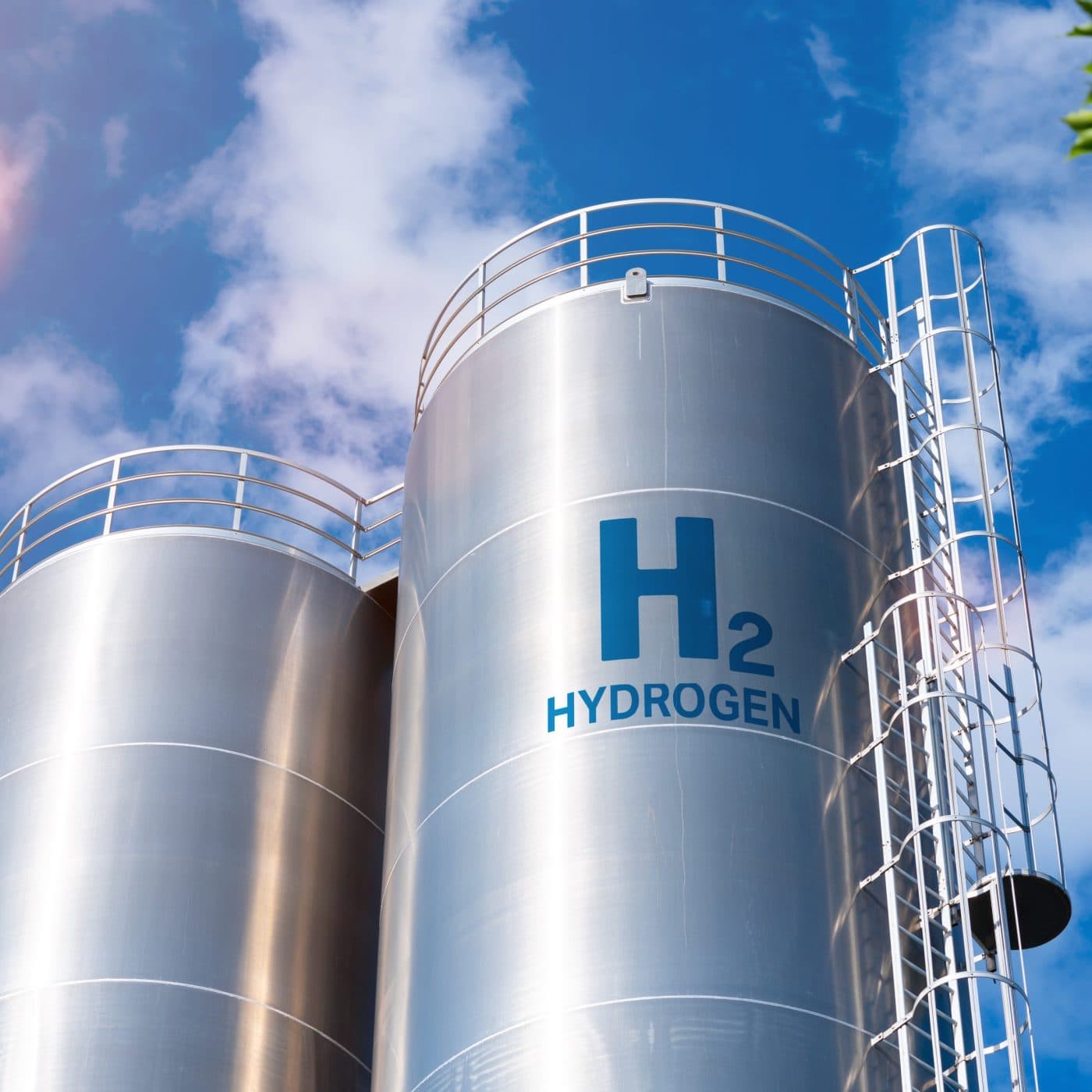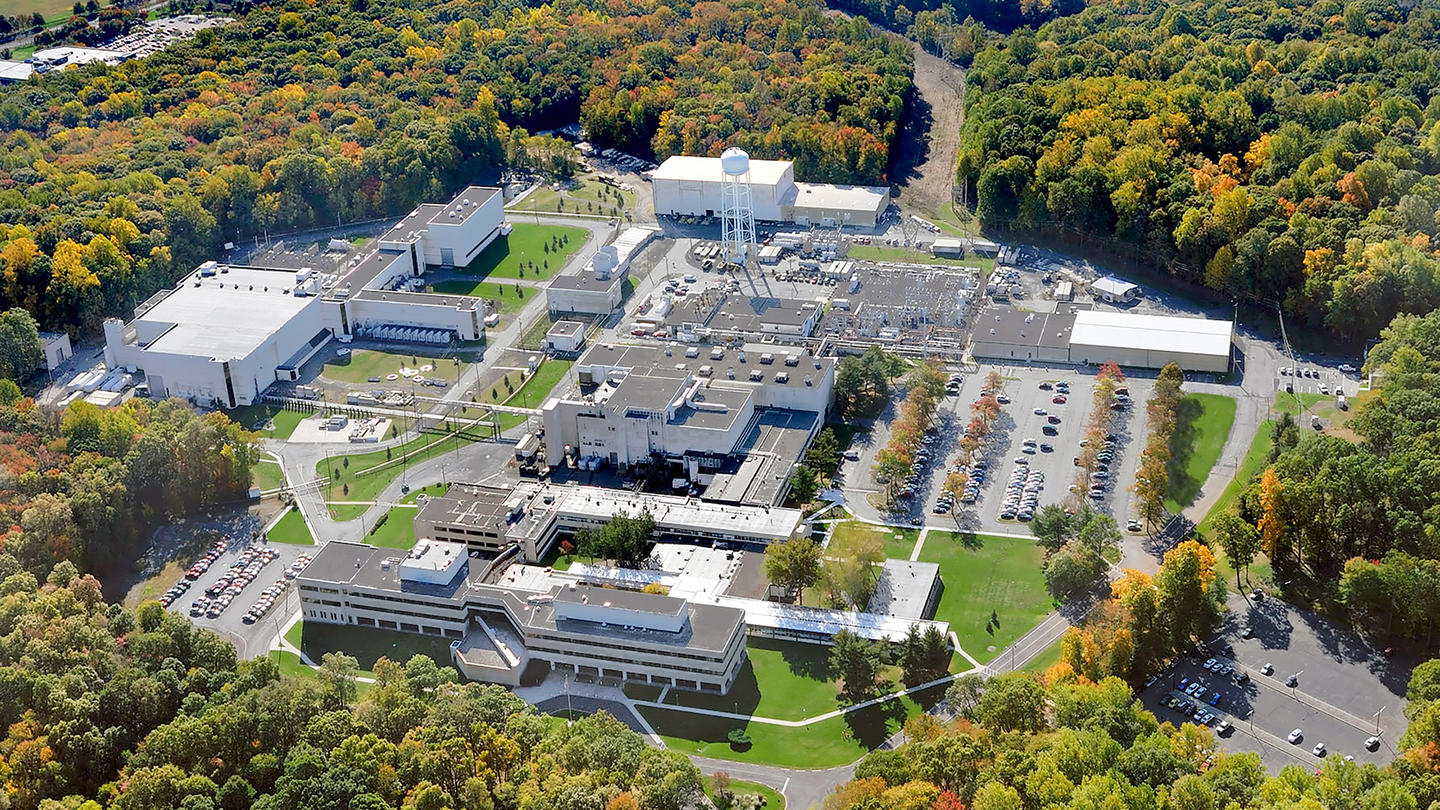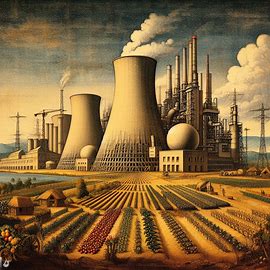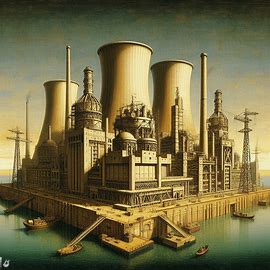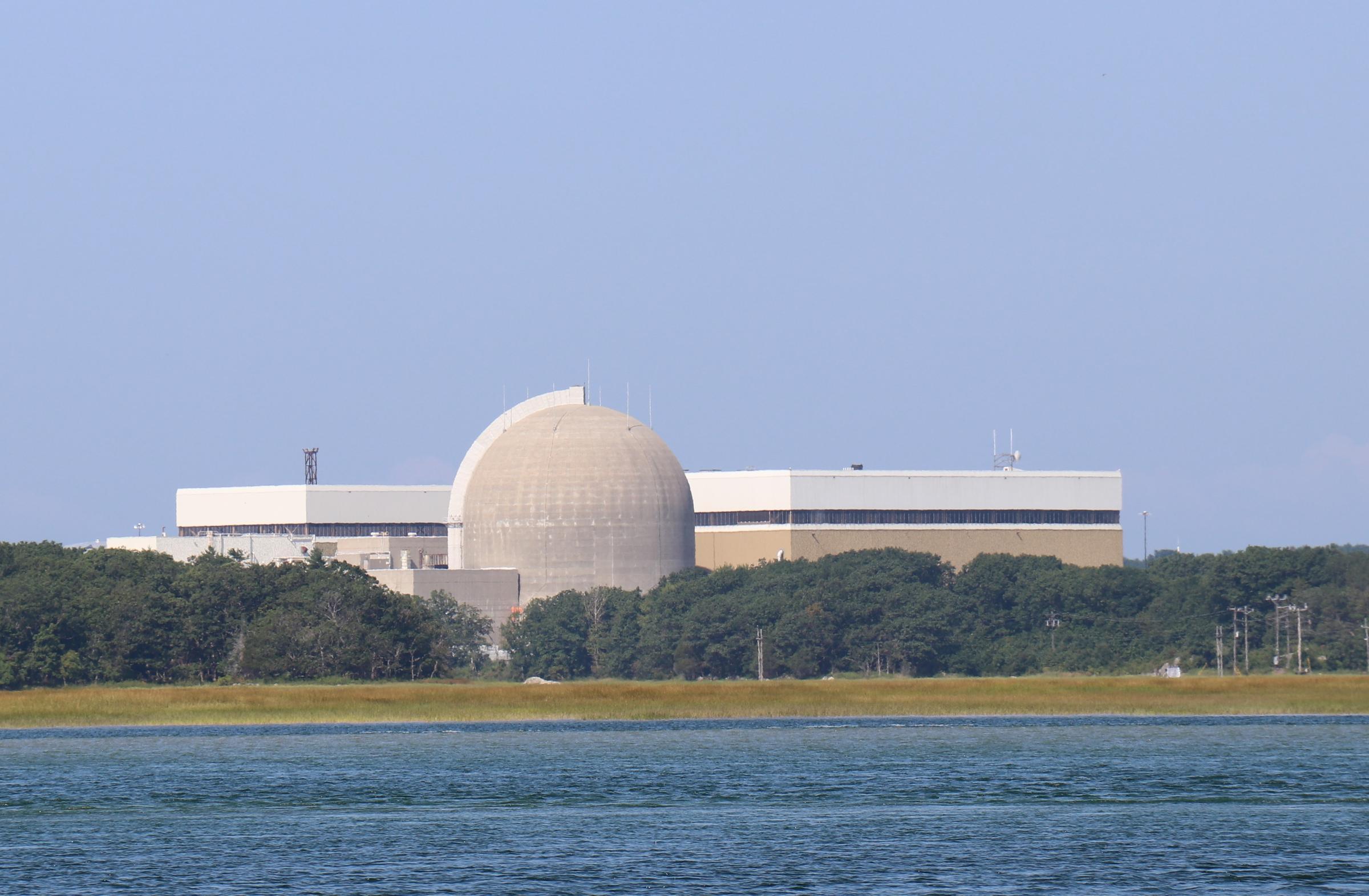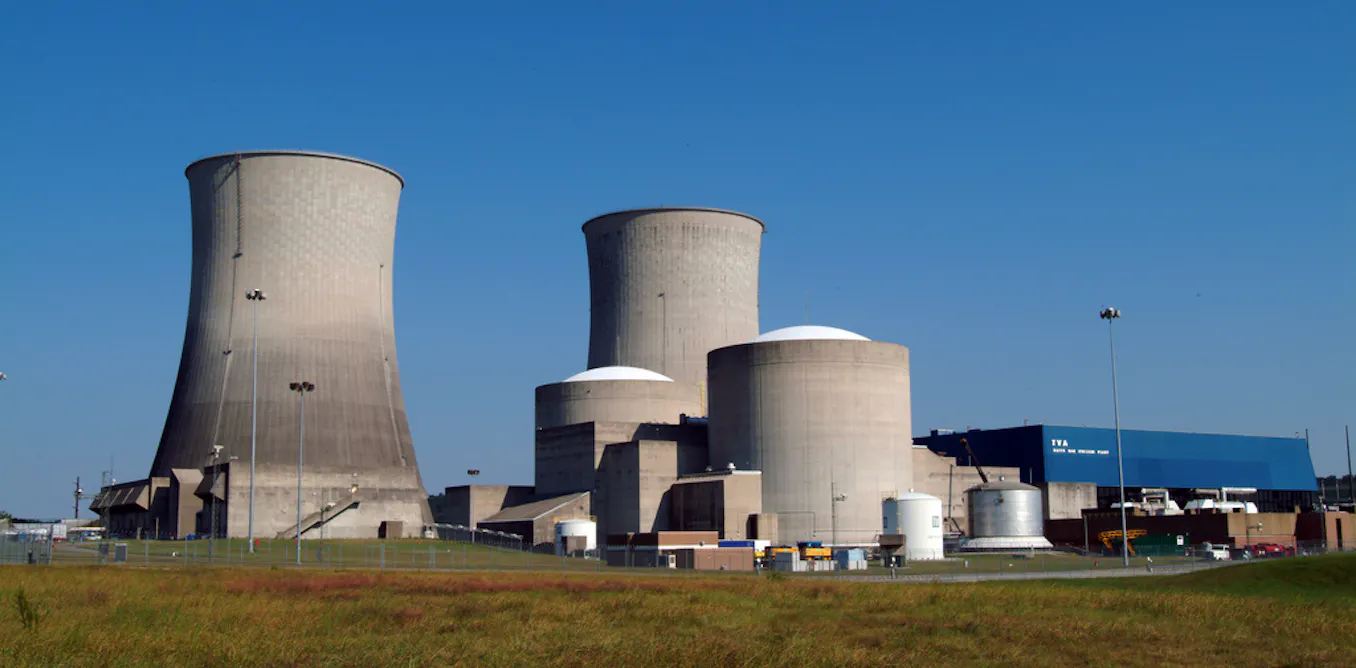
The recent United Nations Climate Change Conference (COP28) in Dubai highlighted a consensus among global leaders and experts that transitioning to cleaner energy sources is paramount in the fight against climate change. Amidst the discussions, one technology emerged as a crucial player in achieving a sustainable and reliable energy future: nuclear power. In this article, we will delve into the significance of nuclear energy, the challenges it faces in the United States, and the recent legislative efforts that could pave the way for a nuclear renaissance.
The Role of Nuclear Energy in the Clean Energy Transition:
At COP28, voices from various corners of the globe echoed a resounding message — achieving a clean energy future should not compromise the reliability of our power supply. Nuclear energy emerged as a key solution, offering a proven, reliable technology that produces zero carbon emissions. In the United States, where nuclear power already contributes 18% to the electricity grid through its 94 reactors, there is a commitment to triple nuclear energy capacity by 2050, as declared by the U.S. and 21 other countries.
Challenges in the U.S. Nuclear Sector:
Despite the ambitious goals, the United States faces significant hurdles in realizing this nuclear energy expansion. A glaring example is the lengthy and cumbersome permitting and licensing processes, as witnessed in the construction of Plant Vogtle Unit Three in Georgia. The decade-long journey from project conception to operation underscored the need for streamlined regulations to prevent ballooning costs and construction delays, which hinder progress in nuclear energy development.
Legislative Initiatives for Nuclear Energy Advancement:
Acknowledging the urgency of reform, the U.S. Senate passed the Accelerating Development of Versatile, Advanced Nuclear for Clean Energy (ADVANCE) Act earlier this year. Sponsored by Senator Shelly Moore Capito, this bipartisan legislation aims to boost the development of new nuclear technologies, positioning the U.S. as a global leader in nuclear innovation. Additionally, the recent introduction of the Atomic Energy Advancement Act by Representative Jeff Duncan emphasizes the bipartisan commitment to updating nuclear licensing processes, ensuring efficient regulation, and fostering the deployment of nuclear energy technologies.
Bipartisan Support and Public Perception:
Contrary to the historical skepticism surrounding nuclear power, recent polling indicates a shift in public opinion. A majority of Americans, 57%, express support for the expansion of nuclear power plants to generate electricity. This positive perception increases significantly among residents living near nuclear reactors, where firsthand experience with the benefits of low-cost, reliable, and carbon-free power contributes to a 29% and 18% increase in Republican and Independent support, respectively.
Opportunities for American Leadership:
As the United States strives to lead the world in emissions reduction, nuclear energy presents a unique opportunity to bolster decarbonization efforts without sacrificing affordability and reliability. The expansion of nuclear energy not only positions America as a leader in global environmental initiatives but also offers a chance to stimulate the domestic economy, create jobs, and provide cleaner, reliable, and affordable energy for all.
The current momentum surrounding nuclear energy in the United States signifies a pivotal moment in the nation’s pursuit of a clean, reliable energy future. Legislative efforts and shifting public perceptions underscore the potential for a nuclear renaissance, where America can leverage its leadership to shape global environmental policies while reaping the economic benefits of a robust nuclear sector. As clean energy advocates work hand-in-hand with policymakers, the vision of a future powered by nuclear energy becomes not just a possibility but a strategic imperative for a sustainable world.
